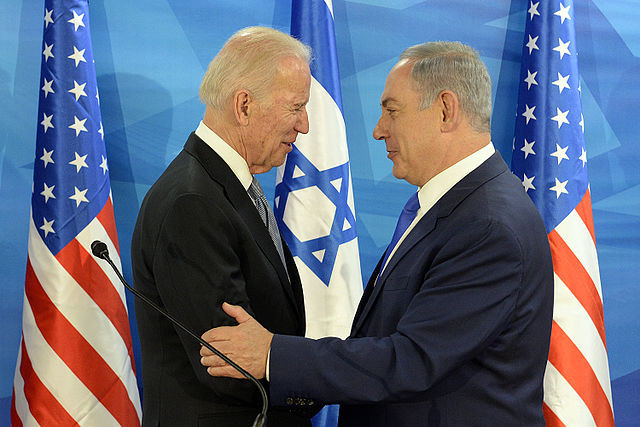The U.S. government has approved a substantial arms sale to Israel, totaling $20 billion, as the Middle East faces increasing tensions and the potential for broader conflict. The State Department announced the approval on Tuesday, notifying Congress of the planned sale, which includes more than 50 F-15 fighter jets, advanced air-to-air missiles, and other military equipment. The sale comes as concerns grow over Israel's involvement in a wider regional war.
While the sale represents a significant boost to Israel's military capabilities, the weapons are not expected to be delivered immediately. The contracts, which include upgrades to Israel's existing fleet of F-15 jets, are designed to strengthen Israel's long-term defensive posture. Delivery dates for the equipment range from 2026 to 2029, with the first batch of new F-15s expected to be produced by Boeing and delivered by 2029.
The State Department emphasized the strategic importance of the deal, stating, "The United States is committed to the security of Israel, and it is vital to U.S. national interests to assist Israel in developing and maintaining a strong and ready self-defense capability. This proposed sale is consistent with those objectives."
This arms deal arrives at a delicate time for the Biden administration, which has been under increasing pressure to reassess its military support for Israel due to the high number of civilian casualties in Gaza. The administration has already delayed the delivery of certain weapons, including 2,000-pound bombs, amid ongoing Israeli airstrikes in densely populated areas of Gaza.
The package of new aircraft and other military hardware also includes upgrade kits for Israel's current fleet of F-15 fighter jets, which will be fitted with new engines and radar systems. The fighter jets alone account for more than $18 billion of the total $20 billion deal.
This significant arms sale comes just days before scheduled cease-fire talks in the region, coordinated by the U.S., Egypt, and Qatar. However, the discussions may face challenges as Hamas has indicated it will not attend, citing a lack of assurance from Israel to commit to terms proposed by the group earlier this year. "We are serious about reaching an agreement," stated Ahmad Abdul Hadi, Hamas' representative in Lebanon, emphasizing the group's responsibility to stop the suffering caused by the ongoing conflict.
The timing of the sale has added to the controversy, particularly after Israeli Prime Minister Benjamin Netanyahu recently claimed that the U.S. had been withholding weapons deliveries critical to Israel's operations in Gaza. In June, Netanyahu reported a "dramatic drop" in U.S. weapons supplies over the previous four months, a claim that the Biden administration has denied.






